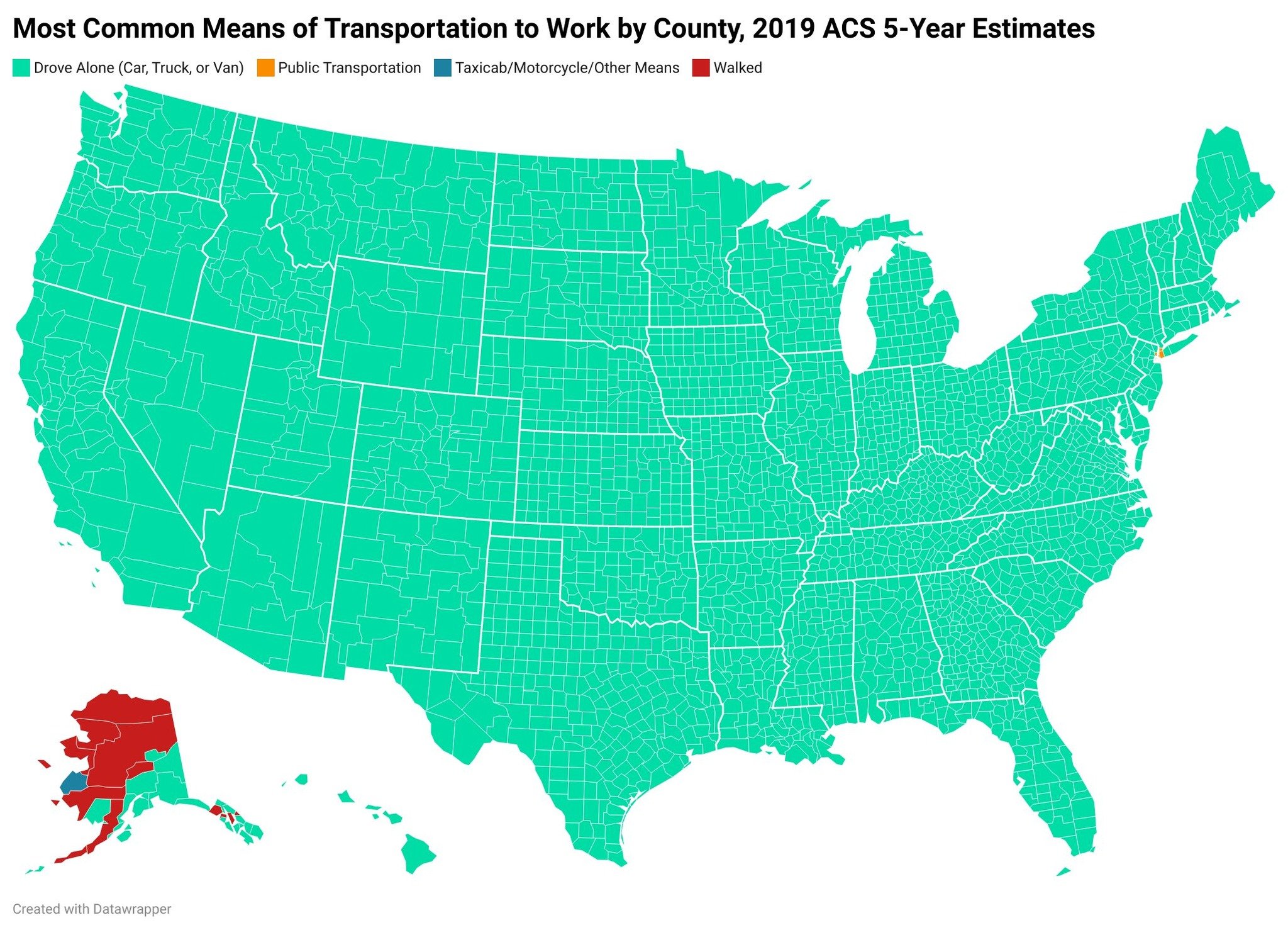view the rest of the comments
Fuck Cars
A place to discuss problems of car centric infrastructure or how it hurts us all. Let's explore the bad world of Cars!
Rules
1. Be Civil
You may not agree on ideas, but please do not be needlessly rude or insulting to other people in this community.
2. No hate speech
Don't discriminate or disparage people on the basis of sex, gender, race, ethnicity, nationality, religion, or sexuality.
3. Don't harass people
Don't follow people you disagree with into multiple threads or into PMs to insult, disparage, or otherwise attack them. And certainly don't doxx any non-public figures.
4. Stay on topic
This community is about cars, their externalities in society, car-dependency, and solutions to these.
5. No reposts
Do not repost content that has already been posted in this community.
Moderator discretion will be used to judge reports with regard to the above rules.
Posting Guidelines
In the absence of a flair system on lemmy yet, let’s try to make it easier to scan through posts by type in here by using tags:
- [meta] for discussions/suggestions about this community itself
- [article] for news articles
- [blog] for any blog-style content
- [video] for video resources
- [academic] for academic studies and sources
- [discussion] for text post questions, rants, and/or discussions
- [meme] for memes
- [image] for any non-meme images
- [misc] for anything that doesn’t fall cleanly into any of the other categories

I think you nailed it. The majority of the northern portion of alaska is going to be oil/gas workers, lumberjacks, and perhaps researchers and native tribes. All of those probably have company barracks, cabins, or if there is a 'town' it's going to be a few hundred yards wide. For the towns, it's due to the winter, when you almost need to be close to other people in case something goes wrong, because significant help is a long way away in distance and time.
And also supplies. You can take a nice hour drive to the local town and stock up every month or so before heading back to your secluded cabin, but unless you're hiding Walter White, why bother? it's just not practical after a certain point.
You don't have corner gas stations and supermarkets every few miles, so people are going to live close to the place where the stuff comes in, which also happens to be where the work probably is.